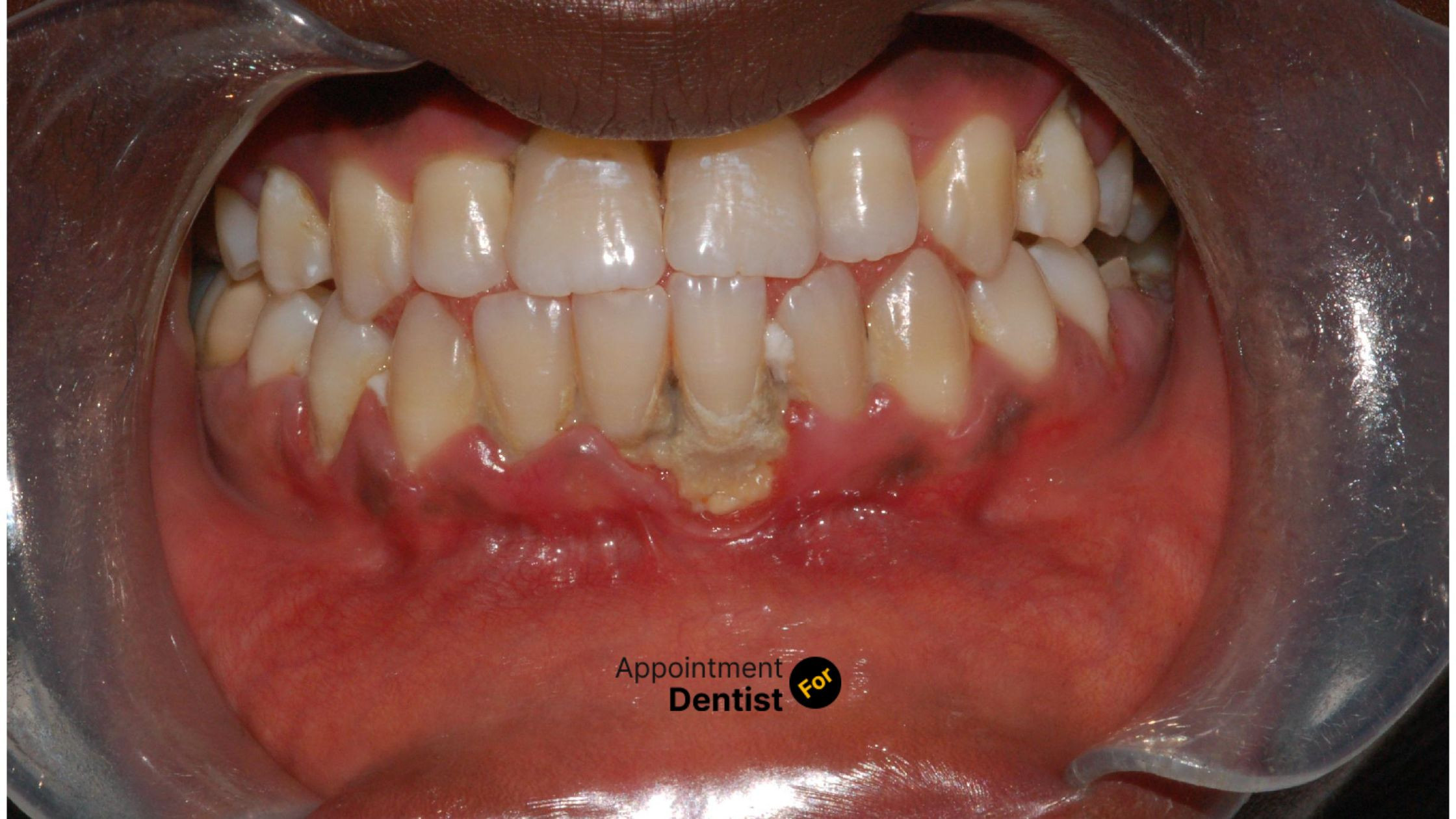The Impact of Anemia on Oral Health: Prevention and Treatment
Posted on August 19, 2024 by Admin

The Impact of Anemia on Oral Health: Prevention and Treatment
Anaemia is a blood disorder that can carry strong implications for oral health. When the body has too few red blood cells or a low count of haemoglobin, then problems such as increasing the risk of tooth decay to gum diseases may originate.
Unravelling the Connection between Anaemia and Oral Health
It can directly affect oral health by reducing the amount of oxygen and other nutrients teeth and gums receive. This weakens any person's immunity, allowing infections and inflammations to spread faster. Anaemia, especially those due to iron deficiency, may produce certain oral symptoms like glossitis or tongue inflammation, dysphagia, and tongue pain.
Must Read: 7 Mistakes to Avoid When Choosing a Dental Plan
It has been demonstrated that patients with anaemia are at increased risk for periodontal disease, a chronic inflammatory disease resulting in tooth loss if left untreated. Indeed, there is a complex relationship between anaemia and oral health such that some suggest that improvement in anaemia may lead to improved periodontal health, while others have shown that treatment of periodontal disease can improve anaemia.
Prevention of Oral Health Problems in Patients with Anaemia
Oral hygiene is important in the anaemic patient. The teeth should be brushed using a soft-bristled toothbrush at least twice a day, along with flossing and some antimicrobial mouthwash. Regular checkups and cleanings at the dentist also aid in the early identification and treatment of any oral problem.
Anaemic patients should be aware that, probably as a side effect of medication intake, they are at risk of developing dry mouth or other oral complications. Thus, the anaemia and the medications being taken should always be communicated to the dentist for proper guidance of treatment.

Managing Oral Health Problems in Patients with Anaemia
This will therefore call for treatment of oral health problems of the anaemic patients depending on the degree of anaemia and its type. For mild ones, treatment may include improvement of oral hygiene, application of topical antimicrobial agents, and monitoring of patient progress.
Also Read: Things You Should Know About Dental Insurance
In severe cases, systemic treatment may be required. This would therefore involve antibiotic therapy, anti-inflammatory drugs, or even referral to a periodontist for advanced treatment. Moreover, the treatment of the underlying anaemia, on occasion, may serve to benefit the oral health outcomes.
Conclusion
This means that anaemia may have a huge effect on their oral health in patients who suffer from the condition and predispose them to tooth decay and dental diseases. Thus, developing a relationship between anaemia and oral health would be beneficial for the patient and health professionals in prevention and treatment. Optimal oral health in patients with anaemia calls for regular dental checkups complemented by good oral hygiene practices, besides proper medical treatment.
Faqs
-
1. How does anaemia affect oral health?
Anaemia may increase one's risk for tooth decay, gum disease, and other oral health problems by reducing the amount of oxygen and other nutrients being delivered to teeth and gums.
-
2. What are some common oral manifestations of anaemia?
Common oral manifestations for anaemia include glossitis, dysphagia, tongue pain, and increased susceptibility to periodontal disease.
-
3. How can patients with anaemia prevent oral health problems?
This would be for patients with anaemia to avoid oral health complications by having good oral hygiene, visiting a dentist regularly for check-ups and cleaning, apart from telling a dentist that they have anaemia and are using some medication.
-
4. Treatment of Oral Health in Patients with Anaemia
Treatment of oral manifestations in anaemic patients may include the improvement of oral hygiene, application of topical antimicrobials, systemic antibiotic therapy, anti-inflammatory drugs, and periodontist for advanced treatment.
-
5. Does improvement of anaemia lead to an improvement in oral health?
Yes, the treatment of underlying anaemia may at times improve oral health.
Recent Post
- The Importance of Oral Health Education for Children
- How to Choose the Right Orthodontic Treatment for Adults
- The Link Between Oral Health and Stroke Risk
- How to Address and Prevent Gum Recession
- Innovations in Dental Anesthesia: Pain-Free Procedures
- The Role of Saliva in Oral Health: Functions and Disorders
- Exploring Holistic Dentistry: What You Need to Know
- How Oral Health Affects Your Immune System
- The Benefits of Using Dental Probiotics
- Oral Health and Pregnancy: Myths and Facts